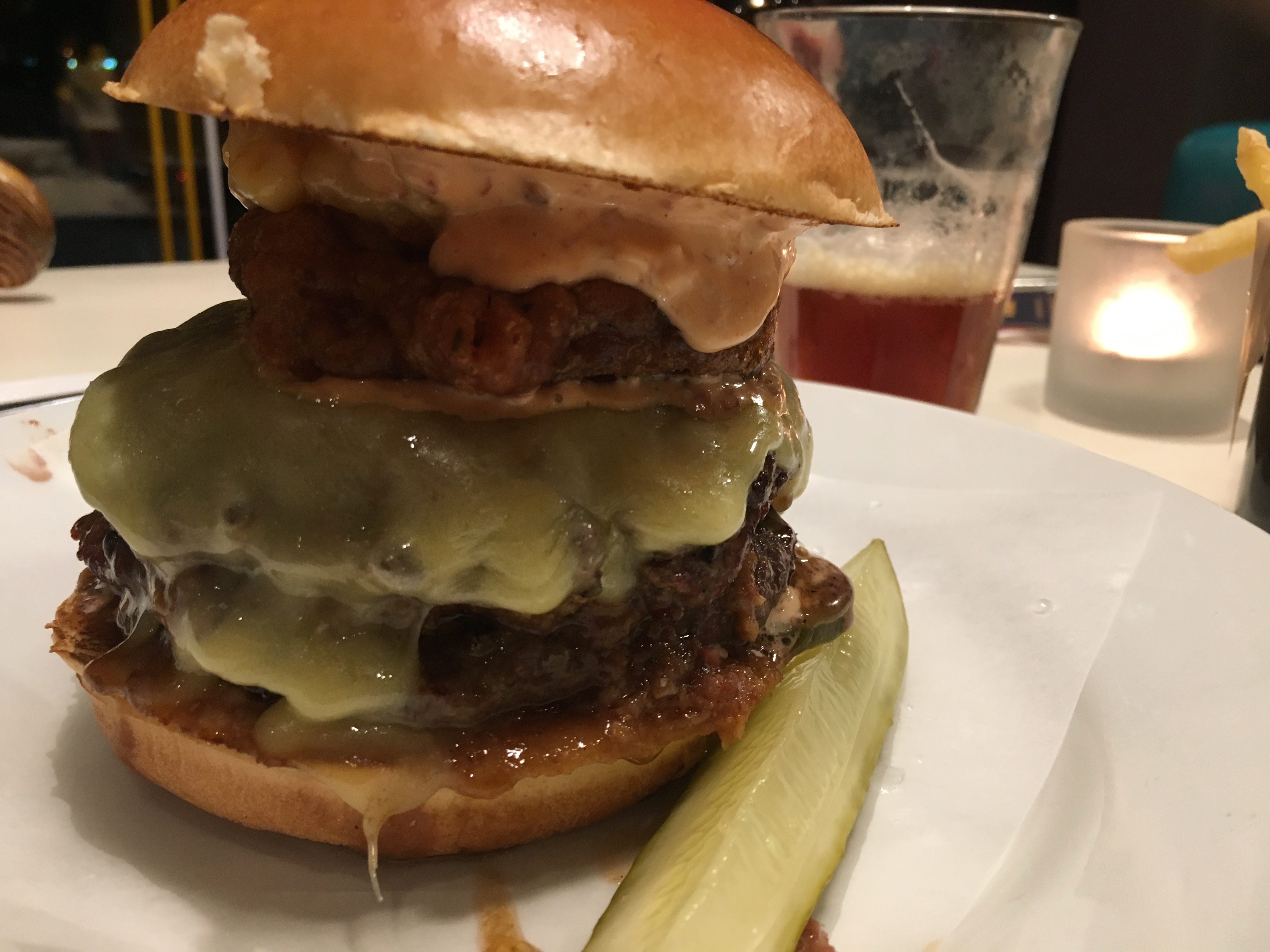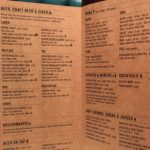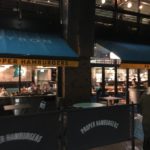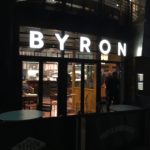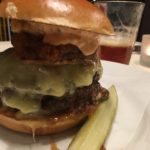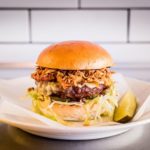Before I begin this review, a word on the ethical claims that mean many young people are boycotting the company for being part of a sting operation with immigration officials to attract illegal immigrant workers to a fictional “training day” so they could be caught red-handed. The apparent reason was so the company could avoid prosecution for employing workers without documentation, a significant proportion of whom were not entitled to work.
You could argue that they were co-operating to defend themselves, but the morality of employing Latin American workers because they were prepared to work at or under minimum wage is at least questionable, and support for these actions to avoid punishment certainly does not endear the company to British sense of fair play.
However, this is not the stuff of my review, so I shall make no further mention for now. It is your choice whether or not to boycott the company for its employment policies or its sacrifice of the people it employed.
Why name a burger joint after a romantic poet and hell raiser, you might ask? According to the Evening Standard, it is “named half after the vegetarian poet, half because it means ‘cowshed’ in Old English.” A quote from the founder, American Tom Byng, is included on the typically whizzy Byron website to explain his philosophy, concluding with these words:
“In London in 2007, it struck me there weren’t any restaurants offering hamburgers like those at the Silver Top – and so Byron was born. We were busy from the day the doors opened – and many millions of hamburgers later, our mission remains the same: to serve proper hamburgers, the way they should be.”
Now you can barely move for gourmet burger chains, and of course their downmarket cousins, often replete with gaudy neon, American cultural icons and . They are very similar in concept, and their goal is to shift food that is, on the face of it, very simple. Bying’s words again:
“They were simple, tasty things – a bit messy, made with good quality meat and only the classic adornments: lettuce, tomato, red onion, and maybe a slice of cheese or bacon. The ultimate comfort food, and so satisfying in their simplicity.”
To test out the latest Byron branch, that in the new Bond Street development in Chelmsford, my son and I set out on my birthday for a helping of good meat. Fair to say that while Mr Byng makes concessions to non-red meat eaters in the form of chicken, plus the odd veggie dish and salad, this is really a shrine to the flesh of cattle.
Given this pedigree, it’s a shame the only provenance we get on the menu is this: “four cuts of properly sourced British beef.” This prompts more questions than it answers, since I now want to know which cuts from which breeds in what proportions, whether and how they were aged, where they were born and died, how old they were at slaughter. Presumably the marketing team decided that the sector they were aiming for excluded foodies like me, the people who care about such things – a shame, though I have no doubt we could gain more knowledge about the “proper sourcing” by asking head office. It wouldn’t hurt to provide more information to diners in restaurants though.
The good news is that the beef is properly fresh. This means that while it is served by default as “medium” you can, as we did, ask for it to be medium rare. Not only that, but medium rare turned out even rarer, so was succulent and flavourful without being homogenised, but did give evidence of some seasoning. Perhaps a little more would have improved the final product, but it was undeniably tasty beef.
Note also from the menu: “We serve it in a squishy bun with a pickle on the side.” And so they did, something akin to the fashionable brioche bun, but rather lacking in texture. My issue with burger buns, leaving aside the sweet and cloying lower end of the market, is that they must have the constitution to stand a range of fillings without turning to dust in your hand.
In this case, the burger failed the test, to the point that I had no choice but to put it back on the plate and resort to the distinctly uncool knife and fork to eat the meal, exposing the less than pretty inner core of said “sandwich.” Why is it burger chains can’t give us high-quality artisan buns that are built to last and add flavour and texture to the meal?!
We actually ordered from the menu a “smoky” – fortified by smoked chillis to the delight of my boy; for me it was a “Cheesemas no 1”, whose ingredients included two burger patties, cheese, oniony things, bacon and pickles, which in the eating merged into one – especially with a topping of macaroni cheese (at least they don’t use the appalling Americanism “mac ‘n’ cheese”.) Perhaps we should go back to just meat and bun with at most one condiment so each
To accompany the meaty delights we had one portion of average fries, plus a can of overpriced Brooklyn lager and a bottle of equally overpriced Brewdog red beer – and nothing else. For what it is, £35 for two burgers, one fries and two beers sound pricy, though I am happy to acknowledge that good meat costs – providing we know what it is.
Service was not bad, though my poor hearing, the background music and the waitress’s accent combined to make communication tricky. She was attentive, up to the point where we wanted the bill and to pay, but then that is yet further demonstration of Millward’s theory of restaurants rather than singling out the staff at Byron.
In summary, I didn’t have the same sense of satisfaction from Byron that Mr Byng describes, and while the burgers were good the overall ambience did not make this feel a special occasion, still yet that attention to every detail has been applied to the dining experience.
My benchmark stands intact: best London and home counties gourmet burger meal eaten is still Honest Burgers, and the difference is that (a) I knew more about their beef, since staff were keen to talk about it, and (b) the care and attention to detail worked better – by which I mean it was more British than American. I hope Mr Byng will consider this in his future plans.

